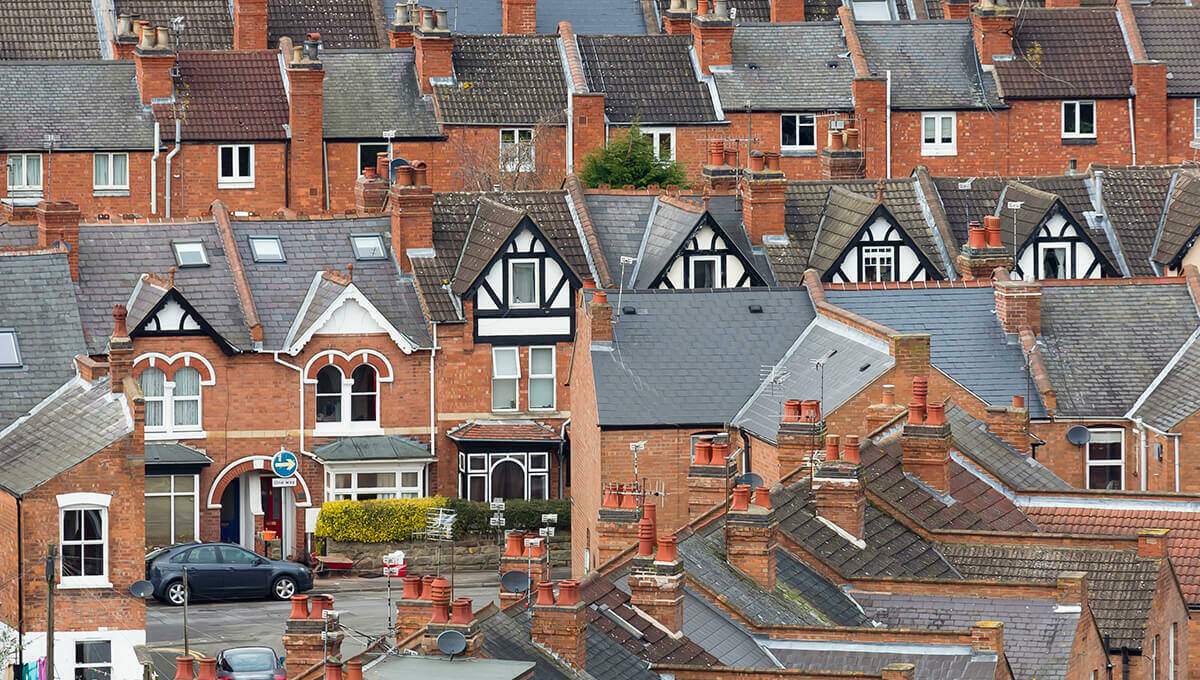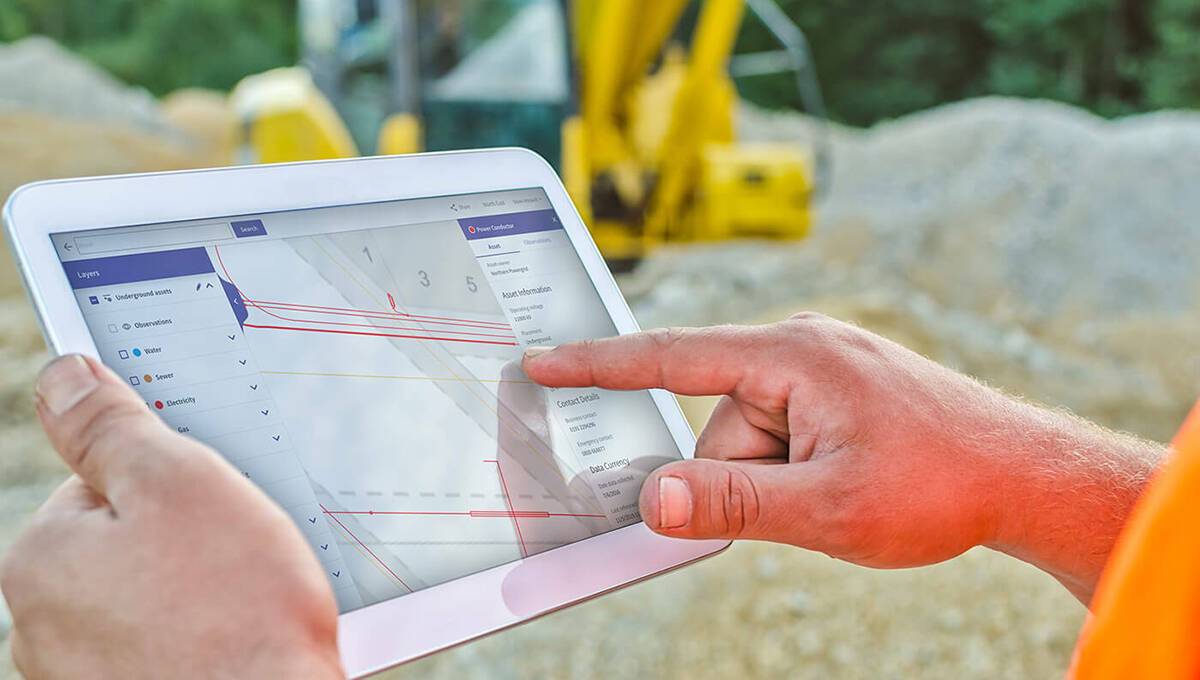Harrow Council in North West London has overhauled its waste and recycling service, saving not only money but also dramatically reducing its carbon footprint.
The recycling rate for household waste is on target to reach 50% in 2011 while the amount of waste going to landfill has been reduced by 18.8%. These new services are all underpinned by the council's high quality address database, the Local Land and Property Gazetteer (LLPG).
At the heart of Harrow's waste and recycling provision is a new waste management system that handles three bin types for each property (recycled waste, general waste and organic waste). The system is linked to mobile wireless touch screen terminals in all 35 vehicle cabs and also includes a route optimisation module that uses the LLPG to calculate the most efficient collection routes. Route optimisation has resulted in a 15% fuel reduction valued at £11,000 in the first year with consequent reductions in CO2 emissions. This system is also linked in real time to Harrow's call centre CRM. Both these key systems receive an LLPG refresh every 24 hours. LLPG integration extends to the borough's online location based web portal 'My Harrow', which is in turn linked back to the waste management system for bin collection scheduling.
As new properties get built, or existing properties get converted to flats, the LLPG is updated and routes automatically re-calculated. In a fast growing borough like Harrow, with a number of new developments, the accuracy of the LLPG is vital to maintaining these levels of service efficiency and in reducing the council's carbon footprint moving forwards. "Through this project, which relies heavily on the LLPG, we will hit the 50% target for recycling of household waste in 2011. We have reduced the amount of waste going to landfill by 18.8%, achieved a 15% reduction in the fuel consumed by our waste and recycling fleet and a significant reduction in CO2 emissions. Together with the improvements we have made to our internal systems and through educating and encouraging citizens to recycle and dispose of their waste properly, Harrow has taken significant strides to improving its 'Green' credentials" said Matt Pennells, GIS Officer, Harrow Council.
-end-
Notes to editors:
The NLPG is a joint venture between all local authorities in England and Wales, the Local Government Information House, part of the Local Government Group and Intelligent Addressing Limited.
Intelligent Addressing is an information management specialist and data provider, focusing on land and property data, particularly addresses. As well as being the joint venture partner with local government in the development of the NLPG, IA also manages the national datasets for local government; the NLPG and the National Street Gazetteer (NSG). Data is an essential yet high-cost resource to maintain. IA helps organisations find, utilise and manage the information that they need and provides services to any organisation that depends on the accuracy, manageability and versatility of its information.
Local Government Information House is part of the Local Government Group. LGIH concentrates on core projects that have maximum benefit for the whole of local government. To this end, LGIH focuses on geographical information-related projects, as the standardisation of this type of data affects more than 80 per cent of what local government does. LGIH acts as an intermediary between the public and the private sector enabling it to negotiate with private companies on behalf of local authorities in order to provide key parts of a technical infrastructure for improved service delivery.
At the heart of Harrow's waste and recycling provision is a new waste management system that handles three bin types for each property (recycled waste, general waste and organic waste). The system is linked to mobile wireless touch screen terminals in all 35 vehicle cabs and also includes a route optimisation module that uses the LLPG to calculate the most efficient collection routes. Route optimisation has resulted in a 15% fuel reduction valued at £11,000 in the first year with consequent reductions in CO2 emissions. This system is also linked in real time to Harrow's call centre CRM. Both these key systems receive an LLPG refresh every 24 hours. LLPG integration extends to the borough's online location based web portal 'My Harrow', which is in turn linked back to the waste management system for bin collection scheduling.
As new properties get built, or existing properties get converted to flats, the LLPG is updated and routes automatically re-calculated. In a fast growing borough like Harrow, with a number of new developments, the accuracy of the LLPG is vital to maintaining these levels of service efficiency and in reducing the council's carbon footprint moving forwards. "Through this project, which relies heavily on the LLPG, we will hit the 50% target for recycling of household waste in 2011. We have reduced the amount of waste going to landfill by 18.8%, achieved a 15% reduction in the fuel consumed by our waste and recycling fleet and a significant reduction in CO2 emissions. Together with the improvements we have made to our internal systems and through educating and encouraging citizens to recycle and dispose of their waste properly, Harrow has taken significant strides to improving its 'Green' credentials" said Matt Pennells, GIS Officer, Harrow Council.
-end-
Notes to editors:
The NLPG is a joint venture between all local authorities in England and Wales, the Local Government Information House, part of the Local Government Group and Intelligent Addressing Limited.
Intelligent Addressing is an information management specialist and data provider, focusing on land and property data, particularly addresses. As well as being the joint venture partner with local government in the development of the NLPG, IA also manages the national datasets for local government; the NLPG and the National Street Gazetteer (NSG). Data is an essential yet high-cost resource to maintain. IA helps organisations find, utilise and manage the information that they need and provides services to any organisation that depends on the accuracy, manageability and versatility of its information.
Local Government Information House is part of the Local Government Group. LGIH concentrates on core projects that have maximum benefit for the whole of local government. To this end, LGIH focuses on geographical information-related projects, as the standardisation of this type of data affects more than 80 per cent of what local government does. LGIH acts as an intermediary between the public and the private sector enabling it to negotiate with private companies on behalf of local authorities in order to provide key parts of a technical infrastructure for improved service delivery.



